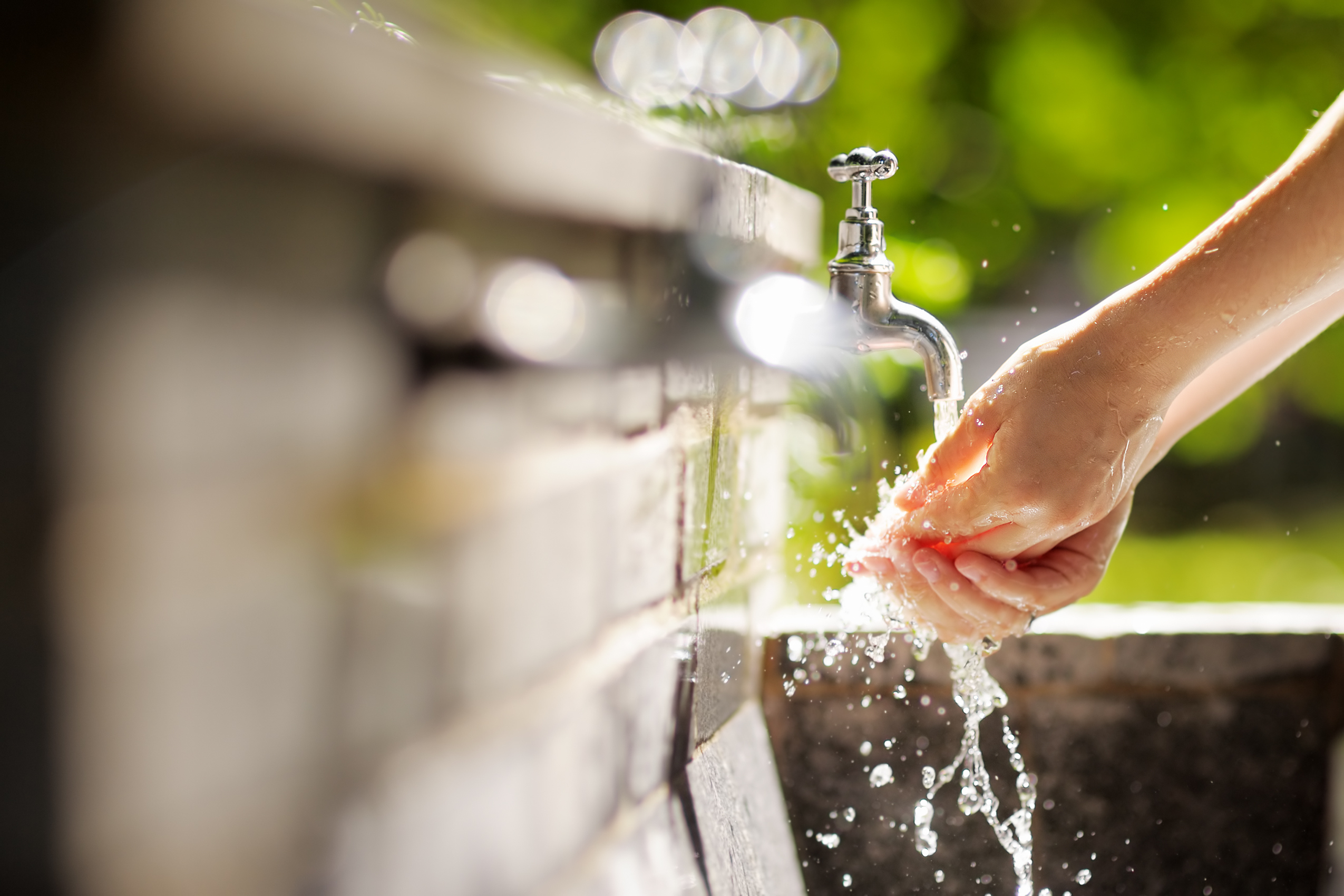BY EU STUDIO
Updated Thursday, March 24, 2022- 12:34
Share on Facebook
Share on Twitter
send by email
In a global scenario in which water stress is increasingly frequent and extends to more regions, the development of certain processes
such as desalination and water reuse have become a fundamental complement
for hydrological planning, not only for communities and governments, but also of many companies.
About
a third of the world's population lives in countries with stress due to lack of water
and 10% lives in countries with a high or critical level of deficit of this resource, according to
the report of the World Water Week 2021 of La Food and Agriculture Organization of the United Nations (FAO)
.
Betting on these technologies in the coming years is crucial if we seek to stop this trend and have access to an essential resource for life.
Beijing, London or Tokyo will be some of the cities that will have to face major water crises in 2050 and countries like Spain will suffer episodes due to water shortages more frequently.
In the search for the reduction of the water footprint, companies such as the Japanese
Fujifilm have already begun to develop efficiency systems, and therefore greater environmental performance, in the manufacture of their products and in industrial applications and solutions
.
Measures that align with its
Green Value Climate environmental
strategy , which includes two other areas of action:
Green Value Manufacturing and
Green Value Products
delivery
.
Membranes: ion exchange and its advantages
If we rewind, the
Fujifilm
company began its journey with the manufacture of photographic films, an experience that has allowed it to diversify its production towards medical and scientific applications, semiconductors, photovoltaic plates, automotive, water treatment and gas separation, in addition to continue with its extensive
expertise
in archival storage thanks to the innovation of tape media.
Likewise,
his knowledge in the coating of thin layers on substrates has led him to the development of separation membranes for various industries
.
These
membranes, called ion exchange membranes (IEM)
, are manufactured in Fujifilm's R&D laboratories in Tilburg, the Netherlands, and
their mission is to offer better performance than conventional purification techniques
in areas such as power generation , in the field of the pharmaceutical and chemical industries, in the treatment of natural gas and industrial gases and finally in the desalination of water.
It is precisely in this last field where Fujifilm is applying some of its greatest innovations.
In the first place, through
reverse electrodialysis
, which allows drinking water to be obtained, water reused for irrigation, elimination of nitrates in groundwater and food processing, such as whey, wine or sugar.
Secondly,
the selective electrodialysis
that is applied for the
elimination of substances in the water
such as nitrates, sodium or ammonia and the recovery of water from manure;
And finally,
metathesis
, a system that favors the
production of salt, facilitates the flows of industrial processes
and those that require a high concentration of brine.
The aforementioned global context of water stress, especially serious in some areas, has placed Saudi Arabia, the United States and Spain as leaders in the production of desalinated water and, according to the
International Desalination Association (IDA, 2019)
, it is estimated that there are in the world there are some
18,000 desalination plants that produce more than 100 million cubic meters
of desalinated water per day and that 60% comes from seawater.
Hence the importance of the Fujifilm group as a supplier of its R&D through ion exchange membranes, since they favor the production of large volumes of reusable water, provide greater electrical efficiency and contribute to low energy consumption per cubic meter in these processes compared to other traditional ones such as the more advanced reverse osmosis (RO) desalination.
Fujifilm Commitment
Finding the formula to produce low-cost drinking water with sustainable resources is and will be one of the greatest challenges in the coming years.
This is why Fujifilm has focused on investing in
ion exchange membranes
.
On the one hand, working on the
REvivED project
, where the Japanese company's experts have managed to improve reverse osmosis (RO) through the aforementioned electrodialysis (ED) systems and the applications with its patented membranes for the softening and desalination of brackish water. in developing countries and in larger-scale systems in seawater desalination plants.
On the other, with the
MIDES project
, which has allowed it to introduce the microbial desalination cell (MDC) in the reverse osmosis pretreatment and, thanks to the ion exchange membranes, constant high selectivity and lower electrical resistance are achieved.
With these developments, Fujifilm remains on track with its commitments to sustainability in line with the
environmental goals of the 2030 Sustainable Value Plan
.
Since 2017, the year zero of its green commitment,
the Japanese company believes in the need to make greater efforts in its different business areas and in solutions for its customers
- as in the case of essential resources, such as water - , if you want to ensure a sustainable future.
Made by UE Studio
This text has been developed by UE Studio, a creative branded content and content marketing firm from Editorial Unit, for FUJIFILM
Conforms to The Trust Project criteria
Know more

